Keeping Your Teeth as You Age
The first thing to understand, though, is that many things can affect tooth retention, including your genes, your diet, how well you take care of your teeth, and whether you smoke.
Dental health is also affected by the prevalence of other diseases. Recent studies have shown a correlation between the immune system and oral health. Consequently, it’s believed that people with autoimmune disorders are at an increased risk for dental problems like cavities, gum disease, and fungal infections.
As you age, keeping your general health in good order is the best way to keep your teeth as well because, as it’s always been said, ‘prevention is better than cure.’
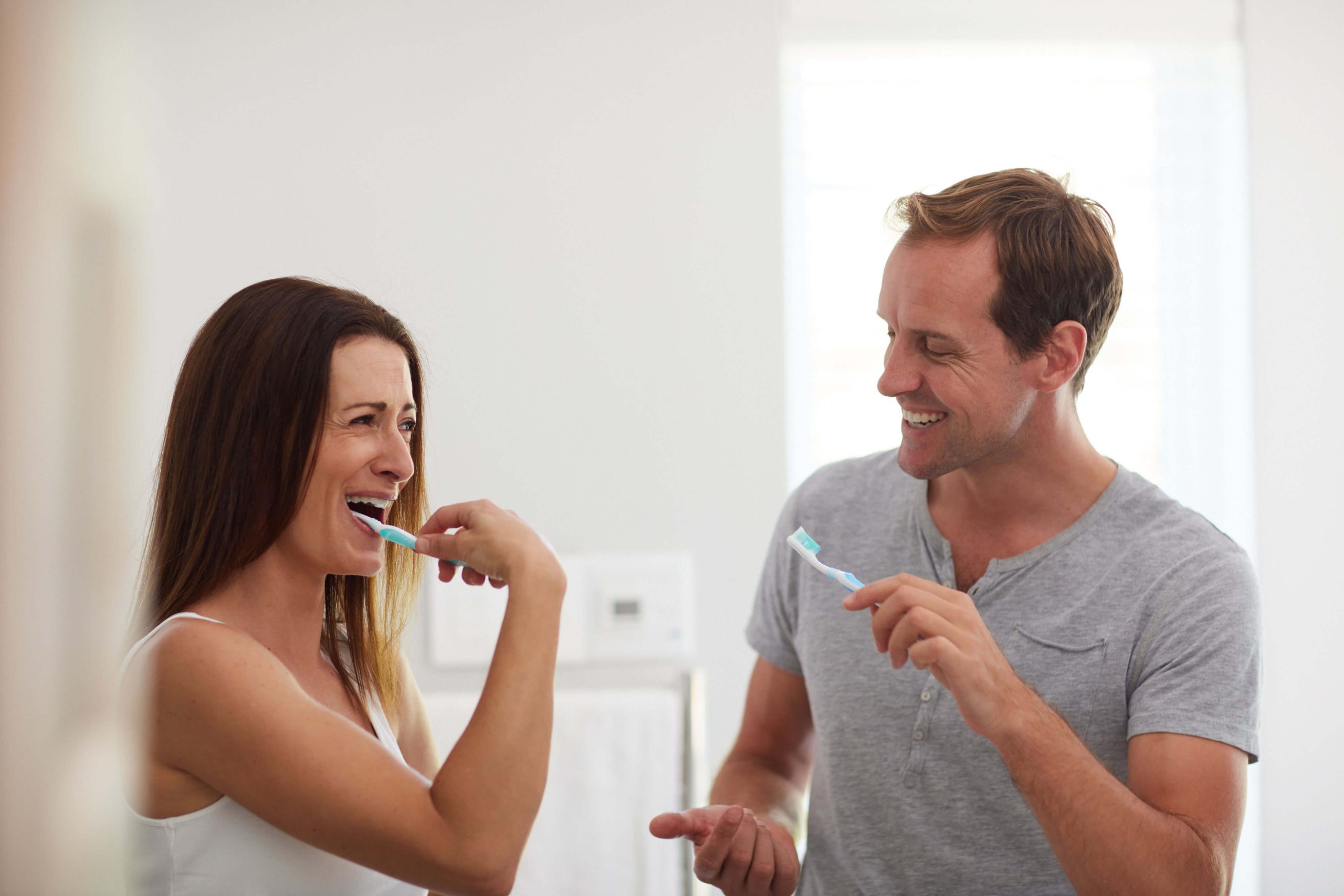
Common dental issues that can impact on keeping your natural teeth
Gum Disease
Gum disease (known as periodontitis) is the predominant cause of tooth loss in adults. It is a long-term condition and progressive disease, meaning it gets worse over time, and, if left untreated, can lead to loss of gum tissue, bone loss, and eventually, tooth loss.
Gum disease is caused by a build-up of plaque on the teeth, that sticky film of bacteria that constantly forms on teeth. And if plaque isn’t removed, it can turn into tartar, a harder substance that’s more difficult to deal with. The bacteria in plaque and tartar can then inflame the gums, causing them to pull away from the teeth (recede), which then creates pockets of infection that lead to further inflammation.
If you have periodontitis, you might not have any symptoms in the early stages. However, as it progresses, you might notice your gums bleeding when you brush or floss your teeth, receding gums, bad breath, or a change in the fit of your teeth (they might start to feel loose).
If you have any of these symptoms, it’s important to see your dentist as soon as possible , so they can diagnose the problem and start treatment. Treatment might involve a deep clean (scaling and root planing) to remove the tartar from your teeth and gums, followed by regular cleaning appointments to keep on top of the plaque. In more severe cases, you might need surgery to correct the problem.
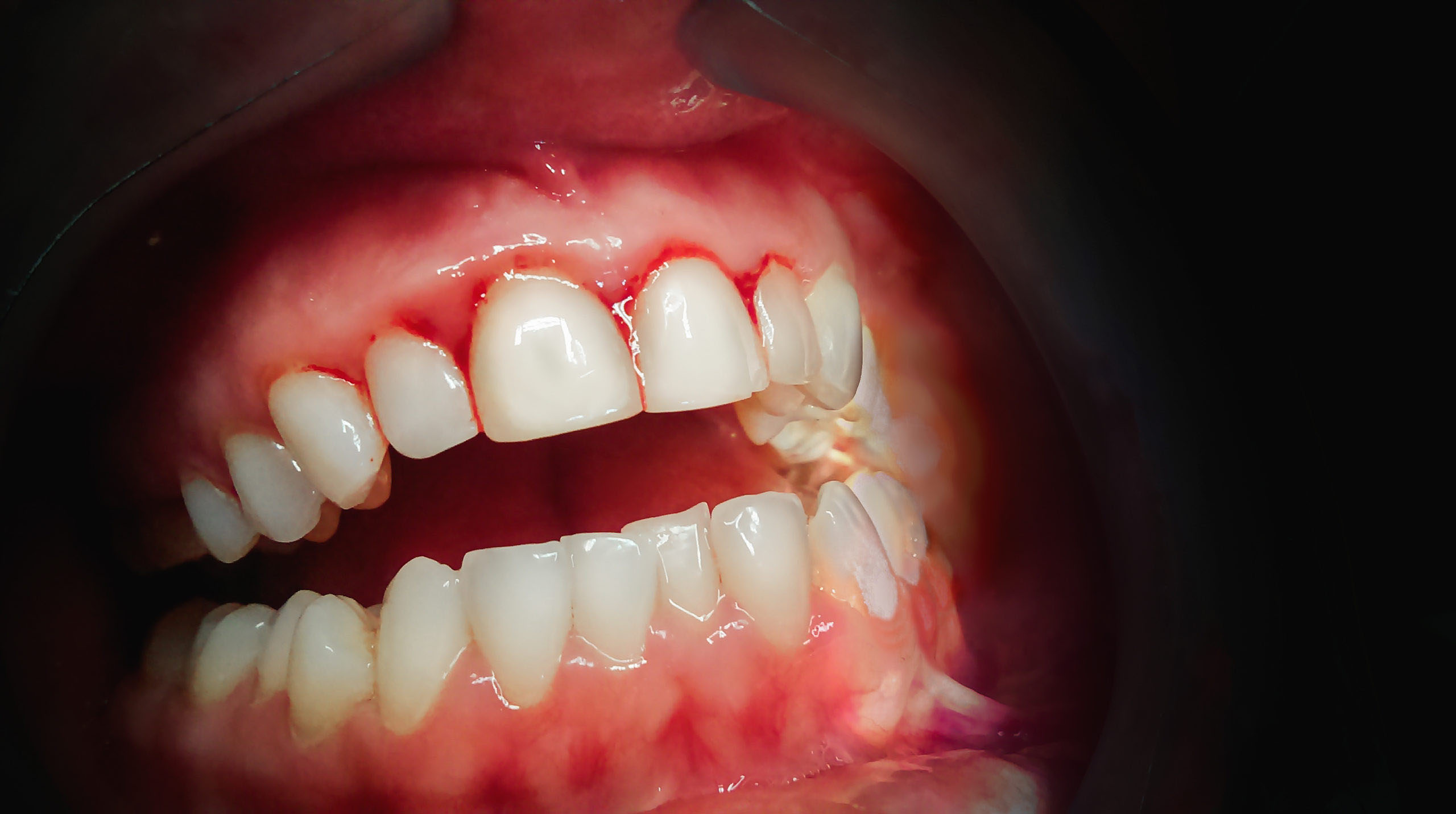
Cracked or fractured teeth
Cracked or fractured teeth are another common dental issue, especially as you get older. The general wear and tear on your teeth is cumulative, and that means even if you take good care of them, your teeth will still be susceptible to cracks, fractures, and other types of damage.
The teeth that are particularly at risk of cracking or fracturing are those that have undergone significant restoration – such as ones with amalgam fillings or root canal-treated teeth without crowns. Regular routine checkups are an important preventative measure to reduce the risk of problems progressing to cracked or fractured teeth.
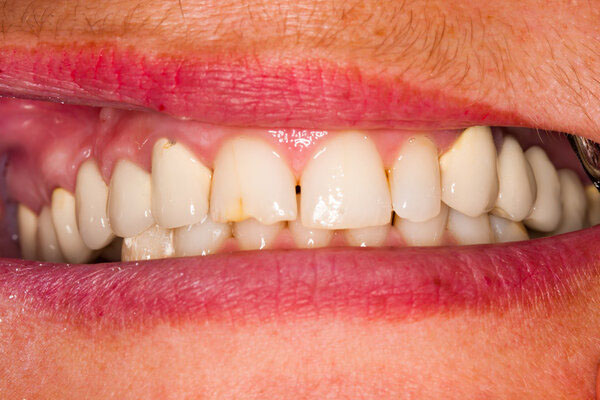
Cavities
A further well known dental problem and one that can also impact on your ability to keep your natural teeth is cavities. These small holes in the teeth are caused by tooth decay, which happens when the bacteria in plaque produce acids that eat away at the tooth enamel.
Cavities are more common in adults than children, partly because there’s been more time to develop them, but also because the enamel on your teeth becomes thinner as you age, making them more susceptible to decay.
Scheduling routine checkups regularly is the best way to mitigate the risk of cavities leading to tooth loss.
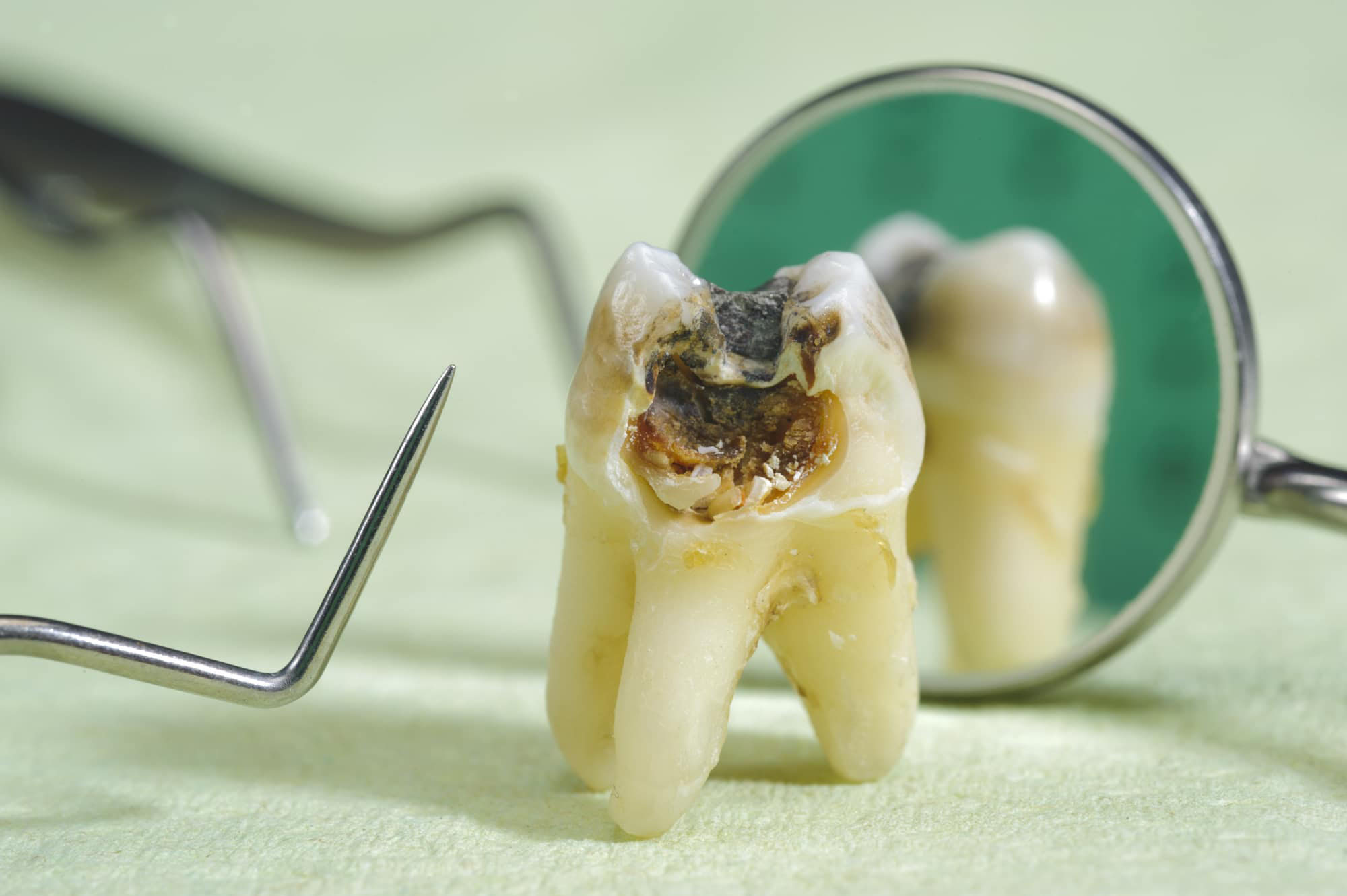
Sports Trauma
If you are still actively playing contact sports and want to minimise the risk of losing teeth now, and as you age, then you should consider investing in a good quality mouthguard. This can help protect your teeth from being damaged or knocked out as a result of sports trauma.
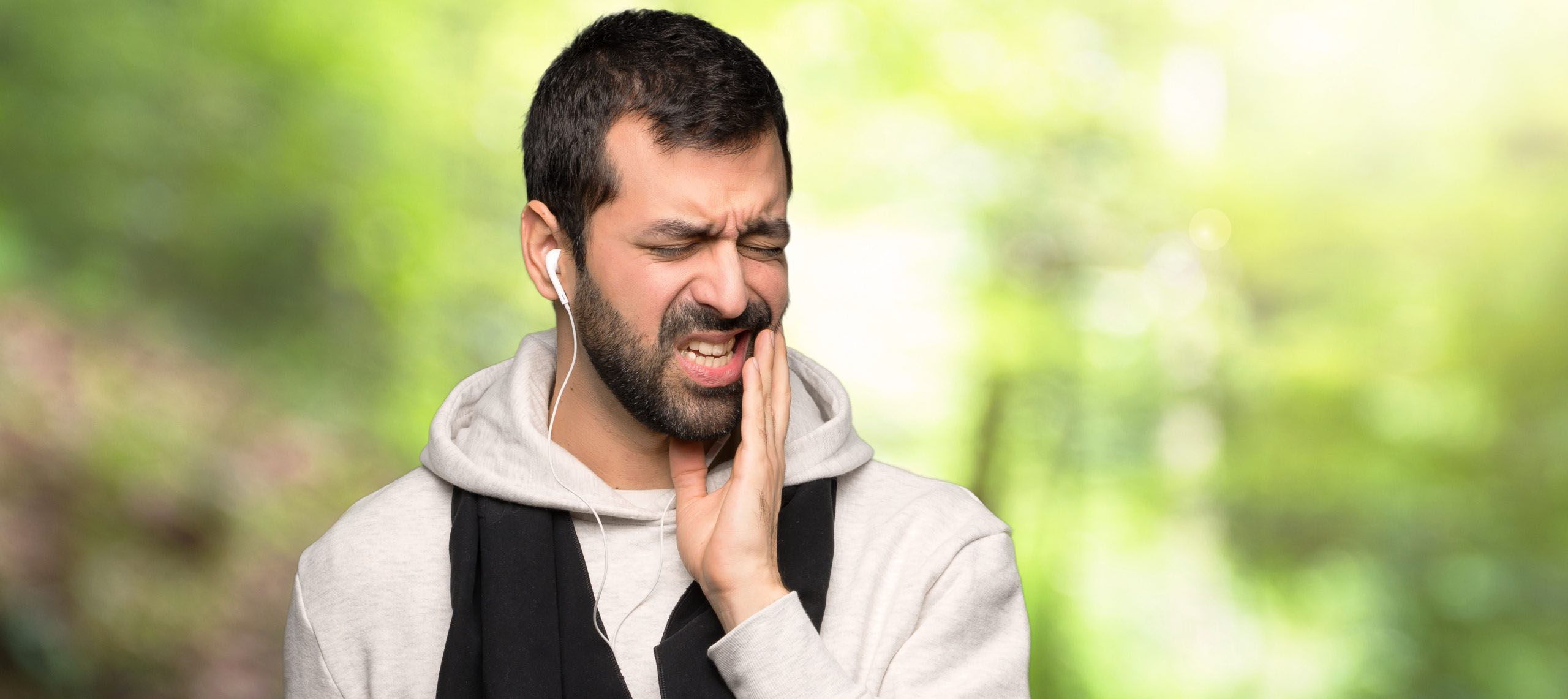
Helping prevent tooth loss
Taking care of your teeth is important at any age, but it’s especially important as you get older because you’re at an increased risk for dental problems. The reassuring news is that there are things you can do to keep your teeth healthy as you age.
As preventative measures, we recommend that you
-
 Brush twice a day with fluoride toothpaste.
Brush twice a day with fluoride toothpaste.
-
 Floss daily.
Floss daily.
-
 Eat a healthy diet rich in fruits, vegetables, and whole grains.
Eat a healthy diet rich in fruits, vegetables, and whole grains.
-
 Limit sugary drinks like soda and fruit juice.
Limit sugary drinks like soda and fruit juice.
-
 Don't smoke.
Don't smoke.
-
 If you have diabetes or another chronic illness, manage your condition and see your dentist as recommended by your healthcare provider.
If you have diabetes or another chronic illness, manage your condition and see your dentist as recommended by your healthcare provider.
-
 Consider using an electric toothbrush, which can be easier on your gums than a manual toothbrush.
Consider using an electric toothbrush, which can be easier on your gums than a manual toothbrush.
-
 Be assessed for sleep apnoea / bruxism if teeth grinding is an issue
Be assessed for sleep apnoea / bruxism if teeth grinding is an issue
And of course, see your dentist regularly for routine checkups and treatments.
For personalised, professional advice on maintaining good oral health and preventing dental problems that could lead to tooth loss, call 07 3382 7500 and make an appointment to see Dr Louwen Heng at Eagleby Dental today.
